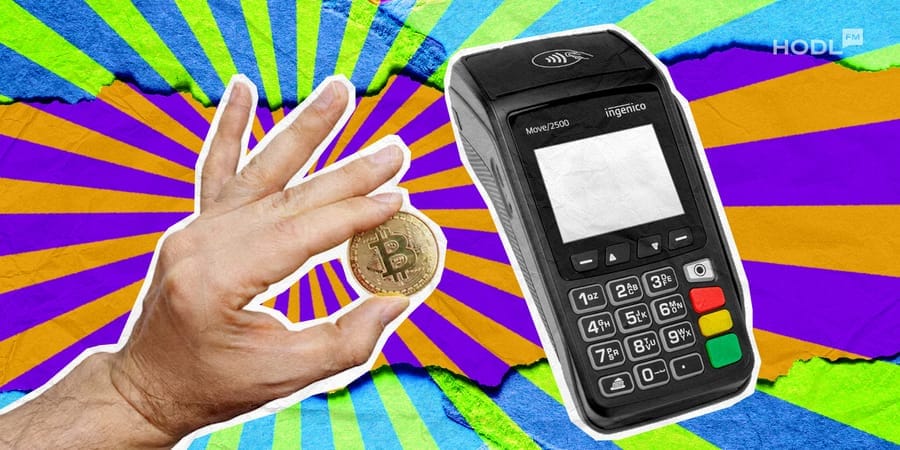Visa is testing a new way to speed up global transactions, allowing businesses to pre-fund accounts on its real-time payments platform, Visa Direct, using stablecoins instead of traditional fiat currency.
The pilot, announced Tuesday, aims to make international payouts faster, more predictable, and easier to manage.
How the Pilot Works
Stablecoins are digital tokens pegged to traditional assets, such as the U.S. dollar, designed to maintain a stable value.
Under Visa’s pilot, businesses can deposit stablecoins into Visa Direct accounts, which the company treats as “money in the bank.” Funds are immediately available for payouts, removing the need to hold large fiat balances in advance.
Visa said the initiative is intended to “reduce friction, unlock faster access to liquidity, and give financial institutions more flexibility in managing global payouts.”
For companies with high international payment volumes, this approach could shorten settlement times and improve cash flow management.
A growing trend in digital payments
The pilot reflects a broader industry shift toward integrating stablecoins into traditional finance.
Chris Newkirk, President, Commercial & Money Movement Solutions at Visa said:
“Cross-border payments have been stuck in outdated systems for far too long,”
Corporations and financial institutions are increasingly exploring blockchain solutions for cross-border settlements, combining the speed of digital assets with regulatory safeguards and operational reliability.
Visa’s move follows similar initiatives by other payment firms experimenting with stablecoins.
Mastercard recently launched its own proprietary blockchain for stablecoin settlements, initially partnering with Circle and USDC, highlighting how legacy payment networks are positioning stablecoins as everyday rails. And of the worlds biggest payments messaging system SWIFT is moving to build a blockchain-based ledger allowing 24/7 cross-border payments, pushing the global payments messaging system into the digital-asset era.
Stablecoins. Growth and competition
Visa’s pilot comes at a time when stablecoins shine within global payments.
Analysts project that within the next five years, these digital dollars could capture as much as 20% of cross-border payments, creating a potential $60 trillion market opportunity. Such scale highlights why major financial institutions are actively experimenting with blockchain-enabled solutions.
Yet the rapid growth is not without challenges.
Questions remain over issuer transparency and reserve management, with regulators and market participants pressing stablecoin providers to demonstrate that every token is fully backed by high-quality assets and undergoes regular audits.
Without this trust, corporate adoption could stall, especially for high-volume international payments.

Decentralized protocols already allow near-instant wallet-to-wallet transfers, bypassing traditional intermediaries entirely. Financial giants like Visa may offer convenience and security, but some businesses could prefer the speed and cost advantages of open blockchain networks.
Implications for Businesses
For enterprises, the pilot offers several advantages.
Transaction confirmations are faster, liquidity is more flexible, and operational costs associated with pre-positioned fiat reserves are reduced. By pre-funding with stablecoins, companies can better manage cash flow while avoiding delays caused by traditional banking processes.
Visa Direct already enables real-time payouts to millions of recipients worldwide. The addition of stablecoin pre-funding could expand the platform’s capabilities, allowing businesses greater control over liquidity and improving the overall speed and reliability of cross-border payments.
Clear signaling
Looking ahead, Visa isn’t stopping at stablecoins.
The company is also exploring AI-powered payments through its “Intelligent Commerce” program, which envisions AI agents making purchases and managing payments on behalf of users. By combining tokenization, programmable spending, and AI, Visa is signaling a future where cross-border transactions, corporate payouts, and everyday payments could become faster, more automated, and more seamless.
The stablecoin pre-funding pilot may be just the first step toward this next-generation payments ecosystem.

Disclaimer: All materials on this site are for informational purposes only. None of the material should be interpreted as investment advice. Please note that despite the nature of much of the material created and hosted on this website, HODL FM is not a financial reference resource, and the opinions of authors and other contributors are their own and should not be taken as financial advice. If you require advice. HODL FM strongly recommends contacting a qualified industry professional.




